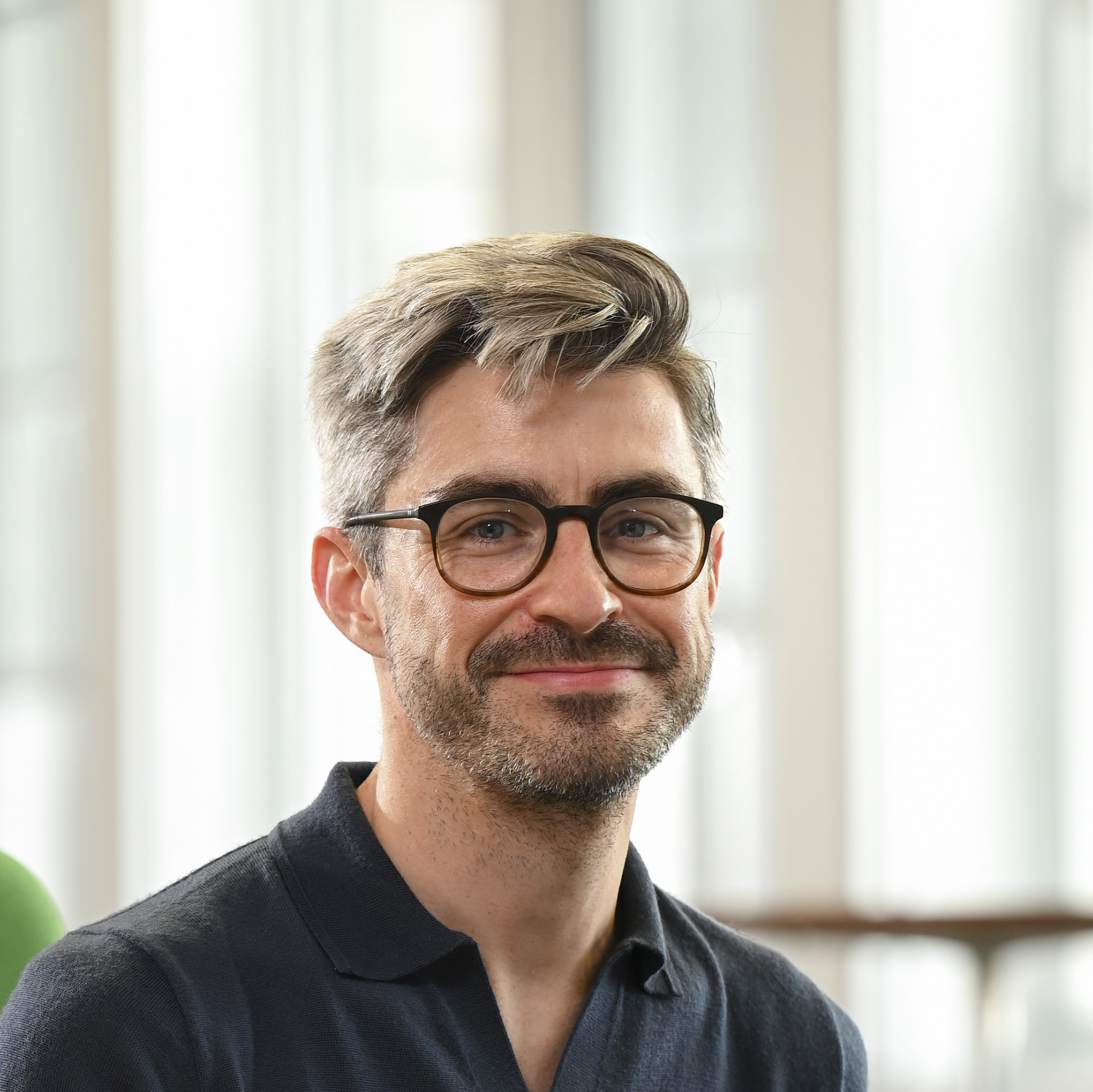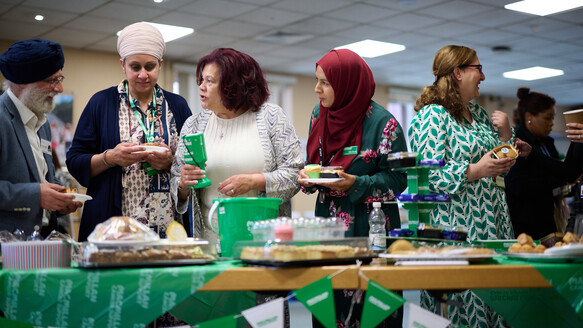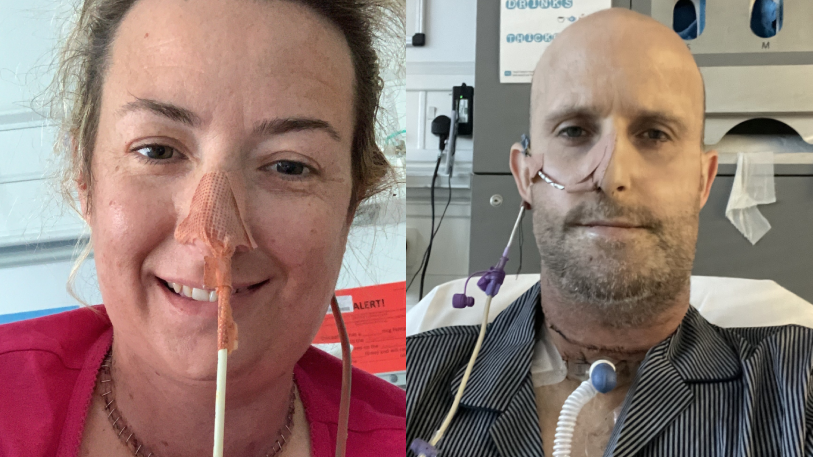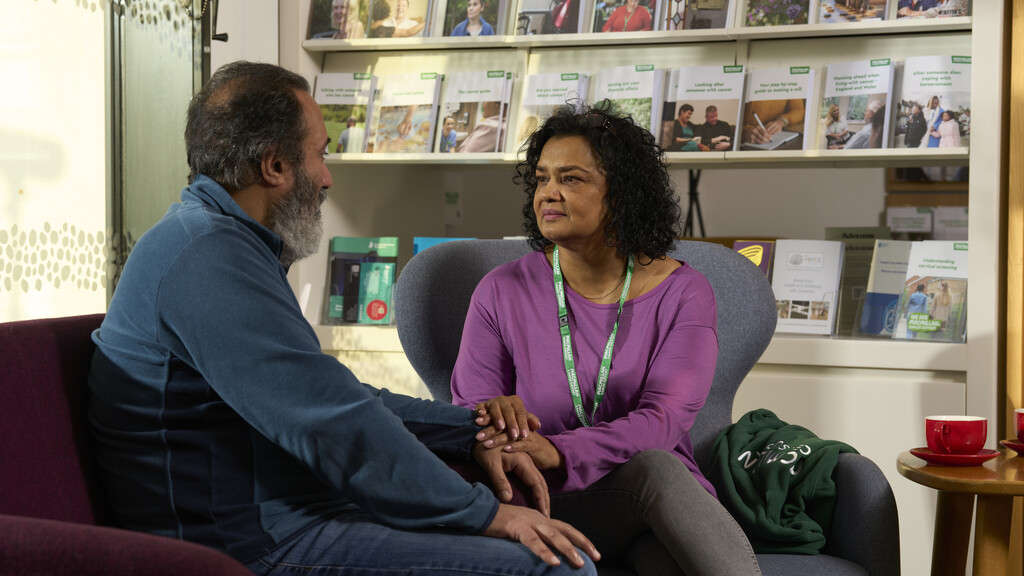Being there for everyone, while focusing on the people most in need
The need to do things differently
As a charity, how can we have the greatest possible impact with the limited resources that are available to us? Should we focus on supporting the people who are in desperate need today? Or on addressing the deep-rooted issues behind these needs, to prevent them in the future? Is it possible to do both? For everyone working in the charity sector, these difficult questions will be familiar – and they are front of mind for us all at Macmillan, now more than ever.
The number of people being diagnosed with cancer is growing, while their needs are becoming increasingly complex and the gap between the best and worst experiences of cancer care is widening. New treatments and technology are leading to breakthroughs in patient care that should offer hope, but they often don’t reach the people who need them most. Meanwhile, we’ve seen chronic underinvestment in public services, fundraising cannot keep pace with rising need, and inflation means that everything is more expensive than it used to be. Something needs to change.
Over the last year, we’ve been developing our new organisational strategy, to determine what we will do and how we will do it over the next five years. We’ve worked alongside people living with cancer, healthcare professionals, community and public service leaders, innovators and corporate partners, as well as our colleagues and volunteers. Through this, we’ve heard how our current approach cannot meet the scale of the challenge ahead.
Being there for everyone, while focusing on the people most in need
We hear every day from people living with cancer in their lowest moments, and we are loved and trusted for the information and support that we provide. This will not change. We’ll continue to be there for everyone with our compassionate support and essential, accessible cancer information. Our brilliant advisers will continue to be just an email, message or phone call away. Our online community of people living with cancer who understand will continue to be active around the clock. And we will continue to work hand-in-hand with the healthcare systems in all four nations of the UK, increasing the number of professionals who proudly wear their Macmillan badge and do whatever it takes to help people navigate their cancer journey.
But in terms of how and where we work, evolution is vital. Over the last two decades, we have developed new ways of reaching and supporting people living with cancer, building a presence in every part of the country. There have been some huge successes, but we are still hearing the same heartbreaking stories day in, day out – people are still being left behind, simply because of who they are and where they live. This is unacceptable, but the reality is that we’ll never achieve the best cancer care possible for everyone if we try to do everything, everywhere.
From taboos about cancer and a lack of trust in the healthcare system, to geographical variations in treatment and a lack of time and space in the healthcare system for encouraging and spreading innovation; we can see the range of systemic barriers to people receiving the best care and we won’t be able to tackle them by working in isolation.
Collaboration on a deeper level
At Macmillan we are known for bringing people and organisations together, and looking beyond healthcare to partner with communities and the private sector, to ensure that we’re considering the broad range of needs of people with cancer and working together to meet them. This brilliant work, however, is often trying to tackle different parts of the problem, in different parts of the UK.To have the greatest possible impact with the limited resources that we have, our guiding principle must be to target the areas where people’s experiences of cancer care are the worst, and where the differences between the best and worst care are most stark. We need to have a laser focus on bringing every part of society together to tackle the most entrenched barriers that are preventing people from getting the best possible care. And this will require an even deeper focus in target areas.
We are aiming to solve problems which are caused by complex, interconnected failures, gaps, pressures and inequities in public and private sector services, in society and public attitudes. As a result, we need concerted, connected solutions across communities, charities, public services, the private sector and innovators - focusing our partnerships and investments on what will address the whole problem, not just to stick a plaster on part of it. It won’t be possible to work at this depth in every part of the UK, so we’ll need to prioritise and start where the intervention is most needed. This will allow us to build the evidence, the relationships and the learnings – the first-hand experience of transforming cancer care, equity and experiences, that can be shared and applied across the UK, so that everyone living with cancer can benefit.
This will mean making decisions about the local areas that we are able to prioritise, and we may have to disappoint some of our greatly valued partners. But it will give us - and everyone who supports us - the confidence that we are using increasingly limited resources to support those most in need now, while sparking a revolution in cancer care for the future.
Building on our proud history
Macmillan has a proud history of innovating and evolving to better meet the needs of people with cancer; including our trailblazing creation of Macmillan nurse and cancer support worker roles, and prioritising their professional development; pioneering targeted cancer screening for the most marginalised communities; establishing community engagement projects and exploring new models of financing healthcare innovation. It’s only through adapting and learning that we’ve been able to develop such a strong understanding of what it takes to tackle the deep-rooted challenges that people living with cancer are facing, and it’s what we do best. And now, for us to be able to rise to the significant challenges that we’re facing, we urgently need to evolve again.
About our information
This information was written by our Leadership team and edited by our Digital Content team.
Learn more about how our leaders do whatever it takes to support people living with and affected by cancer – with heart, with strength, with ambition.
About the author

Steven McIntosh
Read more
-
News and stories 10 Sep 2025In this blog, Gemma reflects on the impact Macmillan made last year ahead of the launch of Macmillan Cancer Support's Annual Report for 2024.
-
News and stories 03 Sep 2025Anthony Cunliffe, National Lead Medical Adviser at Macmillan, explains why more needs to be done to make cancer care fair.
-
News and stories 10 Jul 2025The Prime Minister launched the government’s long-awaited 10 Year Health Plan, outlining a vision to “bring the NHS closer to home.”





